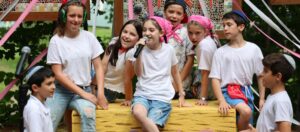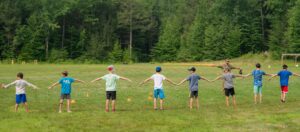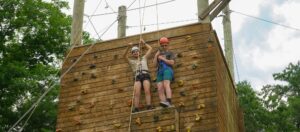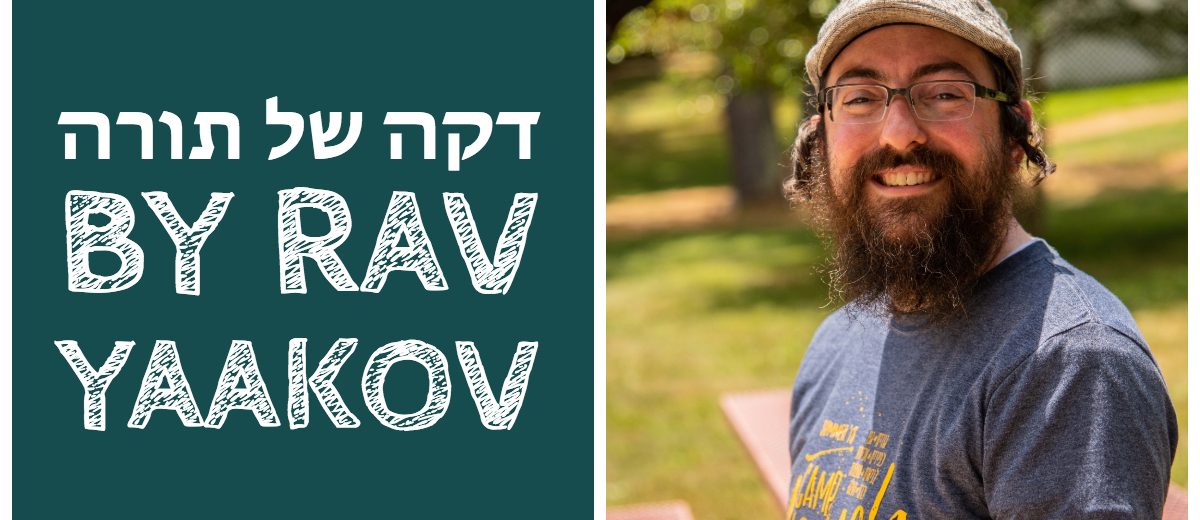Chosen, People.
This week’s parsha continues to tell us the story of Avraham and Sarah, the original Jewish Patriarch and Matriarch. Studying each of the foundational parshiot in Bereshit teaches us something fundamental about what it means to be Jewish, as we learn about the lives and values of the first Jewish people.
There is an incorrect preconception about Jewish identity that we consider ourselves the “Chosen People,” and that this means we presume a superiority over others. Some of the very first actions of Avraham and Sarah, who were directly told by God that they had been “chosen,” from which to form a “great nation,” teaches us the real meaning of this chosenness. Parshat Vayera begins with Avraham sitting outside their tent on a very hot day, in pain from his recent circumcision. He nonetheless rises immediately when he sees three strangers approaching, and he and Sarah treat them with radical hospitality and generosity in a tent that the commentaries teach us was always open on all four sides, to receive guests.
Several chapters later, God informs Avraham of God’s intention to destroy the city of Sodom, the inhabitants of which had become evil and cruel to outsiders and had criminalized the act of charity. Clearly, such views were the total opposite of those of Avraham and Sarah. One might think that as the “chosen” people they would be unbothered by the fact of such a city being destroyed. But to the contrary, in a protracted argument Avraham directly challenges God to keep the city intact, if even 10 righteous souls could be found there.
Thus the parsha teaches two foundational aspects of what it means to be Jewish: to have radical hospitality and generosity, and not just to the “stranger,” or the less fortunate — to fight also for the redemption of those whose views are diametrically opposed to your own. This is the real meaning of the “chosenness” of Avraham and Sarah, and by extension the Jewish people — chosen for the mission, the responsibility, of fighting for the redemption of the rest of humanity to build a better world together.
On a small level, this is what we’re doing at Yavneh when we build a community together. We arrive, many of us, as strangers. We welcome one another into the world we are creating, regardless of how different we are from one another. We open ourselves up to new experiences and to honoring backgrounds and views we may have not previously encountered, until we’re all part of the same open tent.
Questions for the Shabbat table:
- What’s a memory you have of someone being generous toward you at camp?
- Has one of your friends, family members, or fellow campers ever been really different from you? How did you deal with this difference, and learn from it?




